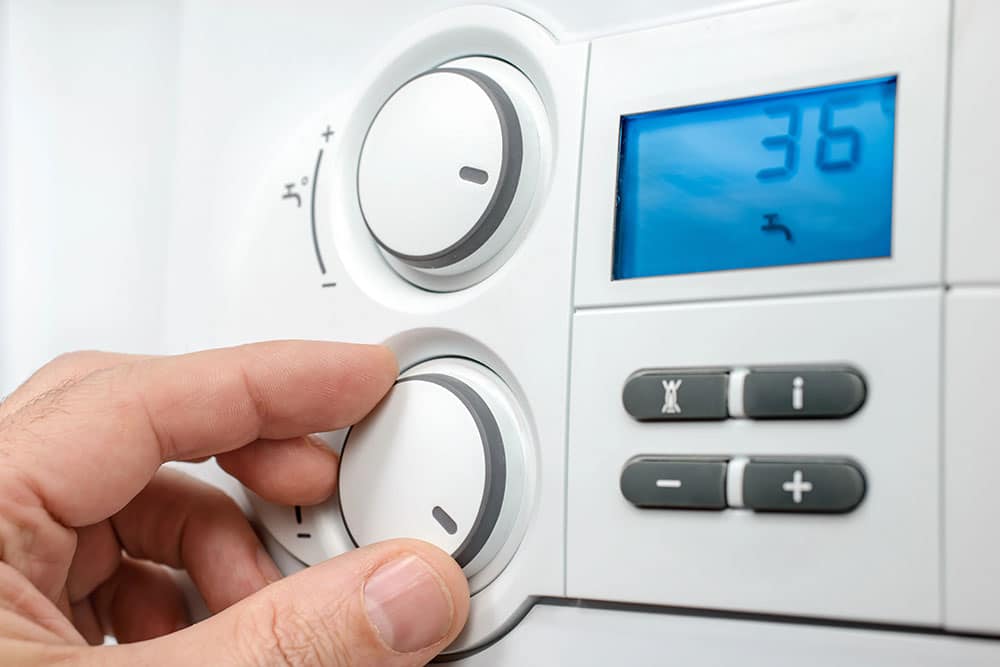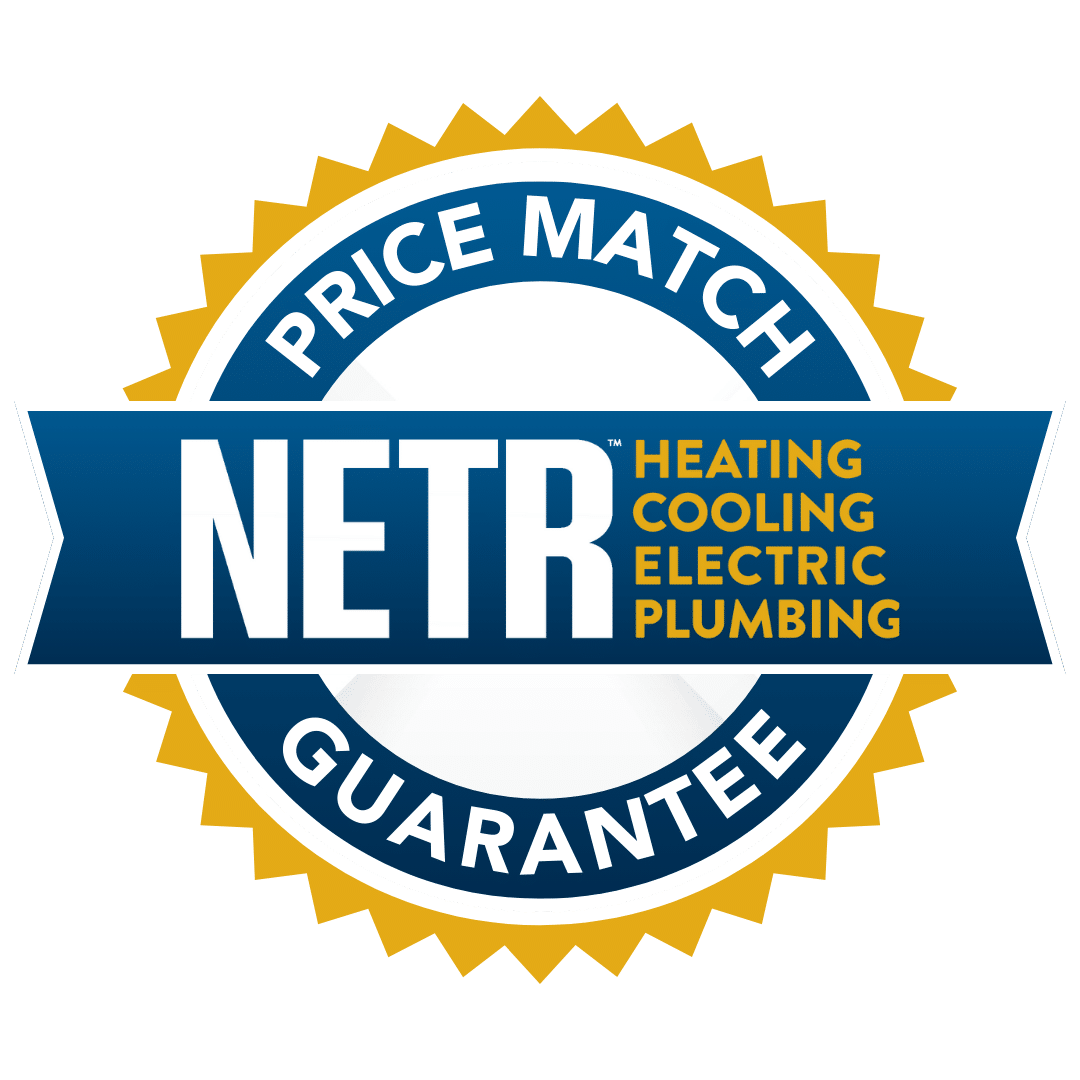When it’s time to buy a new furnace, it’s easy to get overwhelmed by your options. Whether you’re upgrading your old system or installing a new furnace, choosing the right unit is key to making sure your space will stay warm without using excess energy. Here’s a breakdown of how you can choose the best furnace for your home and how we can help.

Watch
Top 5 Mistakes to Avoid in Replacing a Heating System (Video)
Determine Your Budget
The first step when you buy a furnace is to establish a budget. Furnace prices vary greatly depending on the type, size, and efficiency level you want. Keep in mind that while a more efficient furnace may have higher upfront costs, it could potentially save you more over time with lower energy bills.
Setting a budget gives you a framework for choosing a furnace that meets your needs without going outside of your price range.
Determine the Size of Your Furnace
Next, you’ll need to consider your furnace size. A furnace that is too small will struggle to heat your home effectively, while one that’s too large will waste energy. The right size furnace for your space depends on your square footage, your layout, and any areas that may be drafty or need extra heating.
When our technicians come to your home for a service quote, we calculate how much heating power you need and recommend the correct furnace size based on your exact specifications. Making weatherization upgrades to your home first is ideal, since adding insulation and sealing drafts may change the kind or size of furnace you need.
Mass Save offers a free home energy assessment that can identify problem areas, which makes it easier than ever to weatherize your space before installing a new heating system.
Decide on the Type of Furnace
The next step is to compare different types of furnaces and determine which one is the best fit for your space. Depending on your home layout, what fuel sources you have available, and your personal preferences, you can choose between:
- Gas furnaces – These use natural gas and are connected to a gas line underneath your home
- Oil furnaces – These systems burn oil instead of gas and produce no carbon monoxide
- Electric furnaces – These are connected to your home electric grid or solar panels to generate heat using electrical power
Read
How to Choose the Right Furnace for Your Space
Choose Your Efficiency Rating
Once you’ve decided which kind of furnace you want to get, it’s time to consider how energy efficient you want your unit to be. Furnace efficiency is measured by the Annual Fuel Utilization Efficiency (AFUE) rating, which tells you how much of the energy it uses is converted into usable heat. The higher the AFUE, the more efficient the furnace is.
Standard efficiency models tend to have AFUE ratings of around 80-85%. These tend to be the most affordable units on the market. High-efficiency furnaces have AFUE ratings of 90% or more. While they are more expensive upfront, they can help you save more on long-term energy costs.
Read
Furnace Replacement for Colonial Home in Methuen Increases Efficiency
Look at Warranties and Rebates
Before making your final decision, it’s important to look at the furnace’s warranty and any rebates or financial incentives that may be available. You may be able to get a larger rebate or more attractive incentives with a higher-efficiency furnace.
Read
The Best Heater and Air Conditioner Warranty in Boston
Mass Save Heating and Cooling Rebates
Call a Boston Furnace Professional
Buying a furnace can feel overwhelming with so many options available, but with the right guidance, you can choose one that is an ideal fit for your heating needs.
At N.E.T.R., Inc., we can help you compare options and select a model that delivers maximum comfort and energy efficiency for years to come. Contact us now to learn more or to get an installation quote by calling (781) 933-6387.

